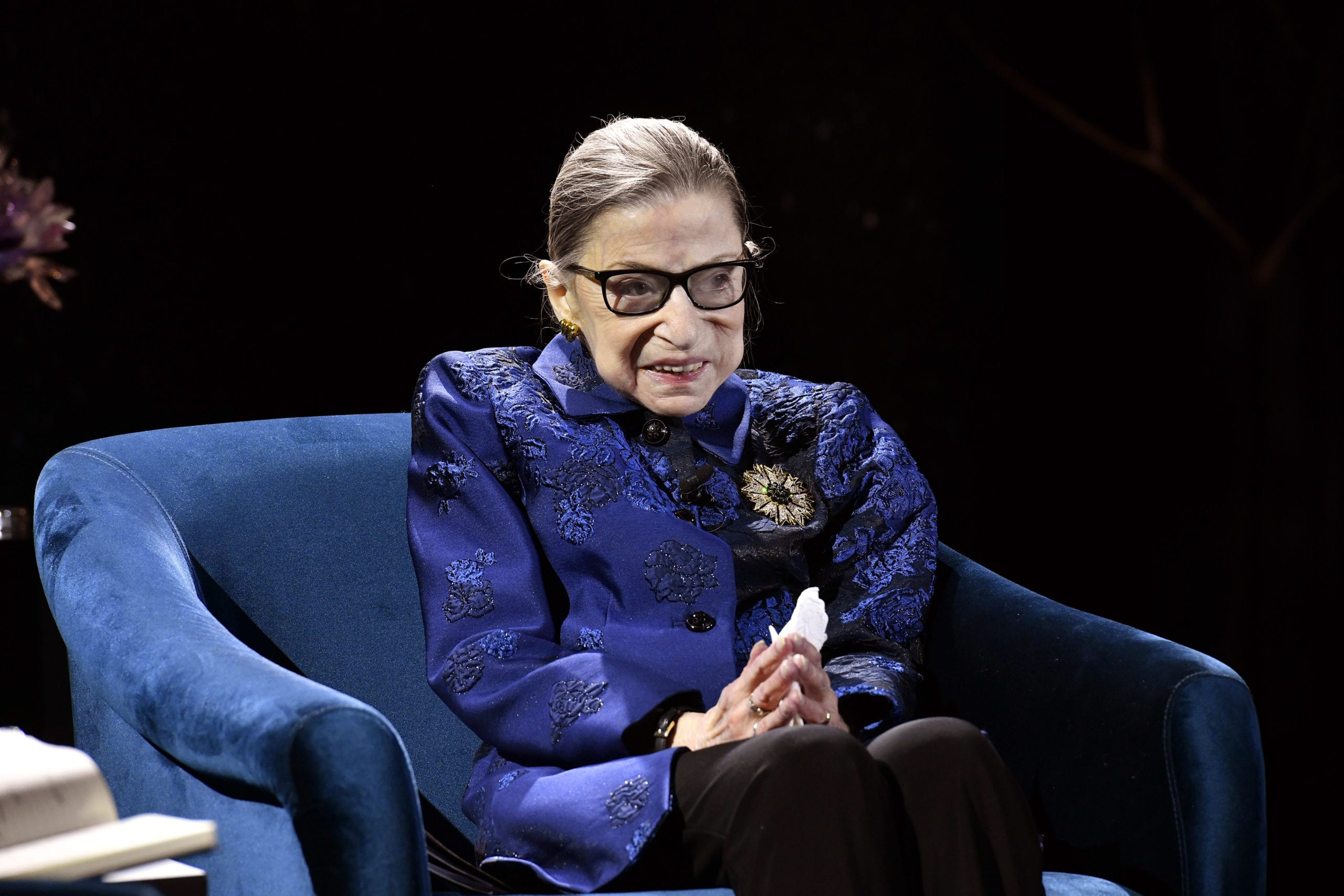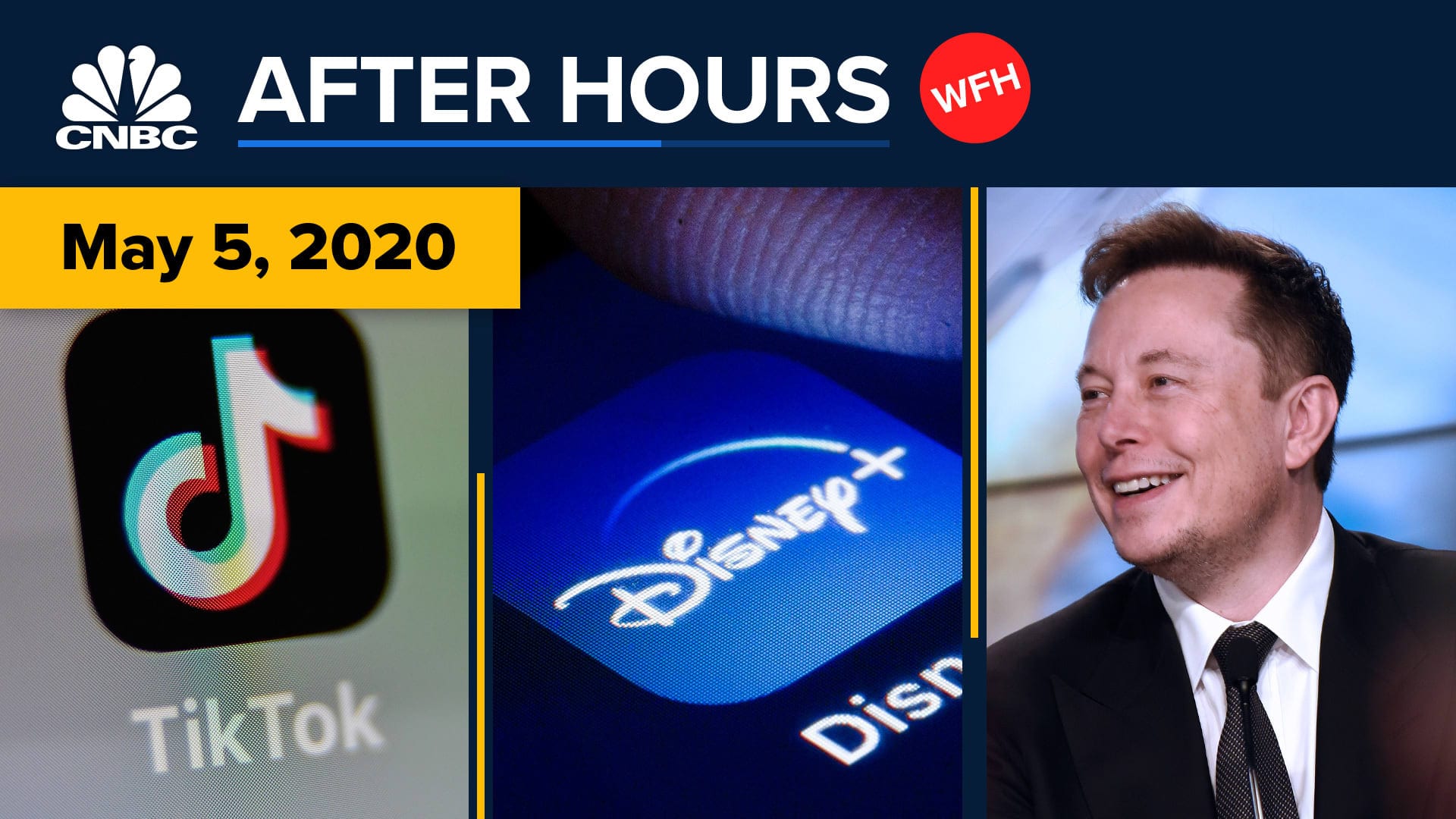[ad_1]
Steven Mnuchin, U.S. Treasury secretary, right, speaks beside U.S. President Donald Trump during a Coronavirus Task Force news conference in the briefing room of the White House in Washington, D.C., U.S., on Tuesday, March 17, 2020.
Kevin Dietsch | Bloomberg | Getty Images
This is a developing story. Check back for updates.
The Small Business Administration’s rescue loan program hit its $349 billion limit on Thursday and is now out of money as the nation’s top Republicans and Democrats struggle to agree on how to restore its funds.
The Small Business Administration website reads that it is “unable to accept new applications for the Paycheck Protection Program based on available appropriations funding. Similarly, we are unable to enroll new PPP lenders at this time.”
The announcement from the SBA on Thursday comes as scores of small American business owners work to deal with the fallout of the coronavirus and the move by some states to shutter the vast majority of commerce.
The first-come, first-serve Paycheck Protection Program of $349 billion, approved by Congress and signed by President Donald Trump in March, had promised to assuage some of the financial burden for the nation’s smallest business owners.
Signs that the program was reaching critical capacity first came on Wednesday, when the SBA said the aid may be nearing a ceiling for loan commitments, with more than 1.3 million loans given approval at a value of more than $296 billion. By Wednesday evening, $315 billion had been approved, a person familiar with the situation told CNBC.
Staffers for Senate Minority Leader Chuck Schumer and House Speaker Nancy Pelosi are expected to continue talks with the Treasury Department on Thursday, a senior Democratic aide told CNBC. Those discussions will follow a similar one Wednesday afternoon as the nation’s top Democrats and Republicans seek to hash out the new funding just a few weeks after Congress passed the historic $2.2 trillion CARES Act spending package.
Though lawmakers appear close to extending funds for the programs, the pace at which U.S. small businesses exhausted the initial $350 billion program likely speaks to the extent and severity state-imposed business closures are having on restaurants, gas stations and other mom-and-pop retailers across the country.
A historic drop in retail sales in March, a 5 million jump in jobless claims and weaker manufacturing data released this week have all suggested the U.S. economy is headed toward a downturn. Job losses in the food services and lodging industries, in particular, have led the U.S. economy to erase nearly all the job gains accrued in the last 11 years.
— CNBC’s Lauren Hirsch contributed reporting.
Subscribe to CNBC PRO for exclusive insights and analysis, and live business day programming from around the world.
















